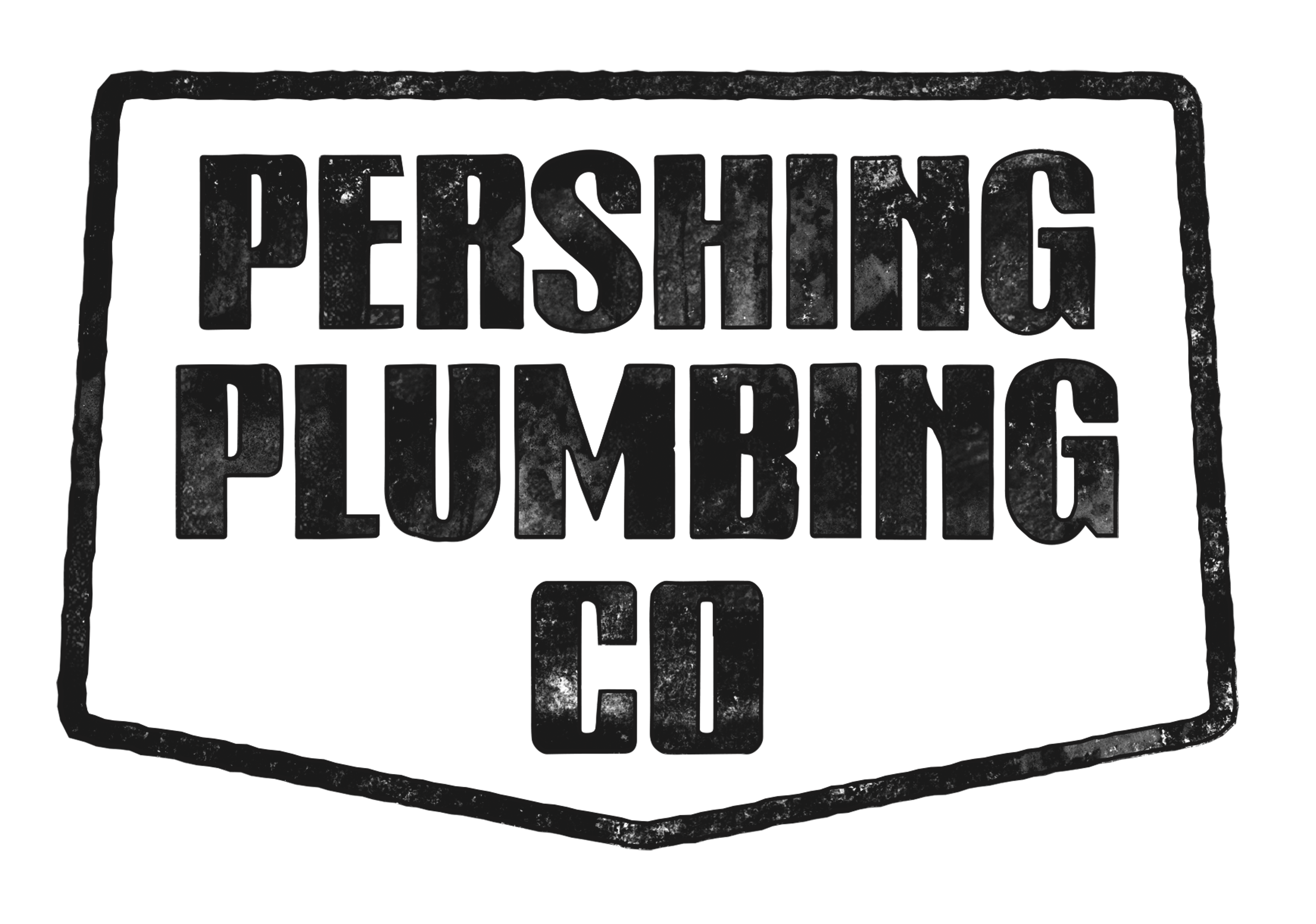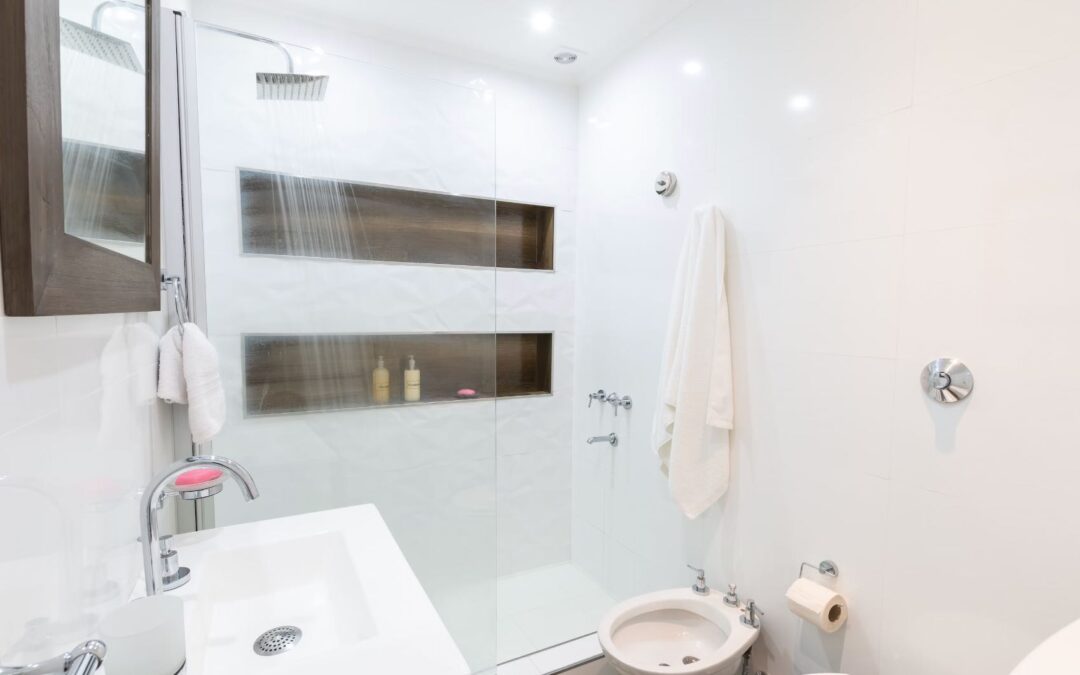While many homeowners know the importance of cleaning their drains, the question of ‘how often’ can be a bit murky. In this blog post, we take a more scientific, data-driven approach to the frequency of drain cleaning, helping you optimize your schedule based on the specific needs of your household.
Monitoring for Warning Signs: The Weekly Review
Kitchen Sinks
If your kitchen sink takes longer to drain each week, or you notice an unpleasant smell emanating from it, that’s your cue to schedule a cleaning.
Bathroom Drains
Hair and soap scum can accumulate quickly in bathroom drains. A simple weekly check can help you decide if it’s time for a cleanup.
Bi-monthly Inspections for the Forgotten Drains
Laundry Room Drains
These drains often go unnoticed but can become a real problem if neglected. Inspect and clean them at least every two months.
Garage and Basement Drains
Usually forgotten until they cause major issues, a bi-monthly check can help prevent larger problems.
Data-Logging: The Next Step in Drain Maintenance
- Digital Drain Monitors: These devices can monitor the flow and pressure in your pipes, alerting you when a cleaning may be necessary.
- Smart Plugs: These can be inserted into drains to capture and analyze what’s flowing through, sending you notifications based on the data gathered.
- Drain Cameras: For the tech-savvy homeowner, small waterproof cameras can be used to inspect drains, giving you visual data on their condition.
The Benefit of Professional Inspections
While self-monitoring is crucial, an annual inspection by a professional can help identify issues that might not be visible to the untrained eye. They can also clean your drains using specialized tools that offer a more thorough cleaning than most DIY methods.
Conclusion
When it comes to cleaning drains, there isn’t a one-size-fits-all answer. By taking a data-driven approach to monitor the specific needs of your household’s plumbing, you can determine a tailored cleaning schedule that ensures your drains remain in top condition. This not only prevents inconvenient clogs but can also extend the lifespan of your plumbing system.

